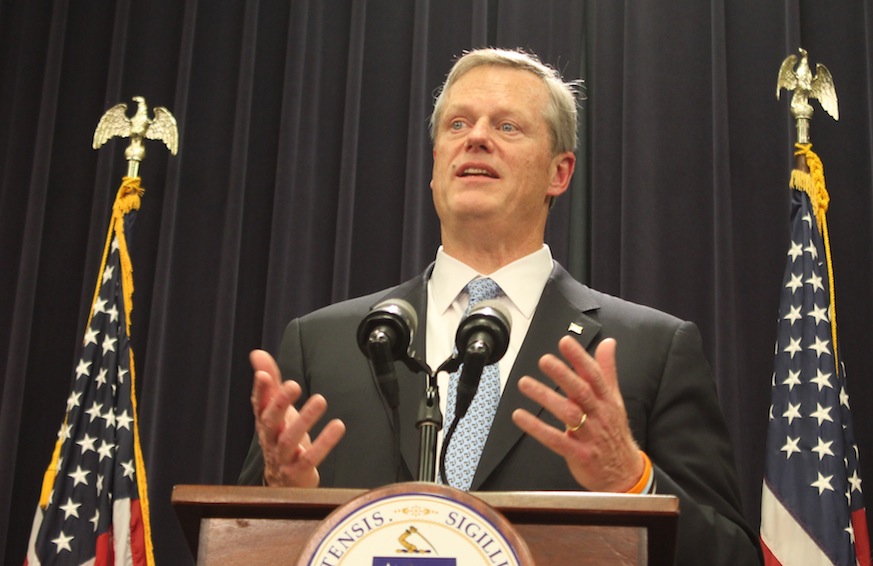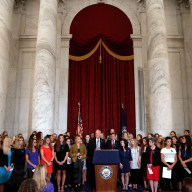Incoming governor Charlie Baker will need to take a fresh look at MassHealth, a program which needs to consolidate its fragmented structure and better use its market clout to set the pace for health care system reforms, according to a new report. MassHealth, which accounts for 35 percent of the state’s $36.5 billion annual budget, is the Bay State’s Medicaid insurance program, with enrollment expected to hit 1.7 million in 2015. The state-federal program, which will cost an estimated $13.7 billion in this year’s budget, serves low- and moderate-income individuals and is described in the report as a “crucial engine of the state’s economy.” Patricia Boozang, one of the authors of the Massachusetts Medicaid Policy Institute report, said the issue brought up by every single stakeholder interviewed for the report was the program’s current decentralized structure, which “inhibits” MassHealth’s ability to recruit talent, move in a strategic way and develop trusting relationships with consumers, providers and health plans. “A common sentiment is that MassHealth has ‘lost its voice and power’ in the [Health and Human Services] Secretariat and that galvanizing the agency may well require the Governor to restructure MassHealth’s place within state government and elevate the role of the Medicaid Director,” the report said, with interviewees suggesting consolidating the full MassHealth budget under the director and making the job of director a commissioner-level post. According to the report, MassHealth’s 800 staff members are dispersed across state agencies and physical locations.
The report’s release on Tuesday at the Park Plaza Hotel drew many of the people who were interviewed by the report’s authors. Baker’s pick for health and human services secretary, former mental health commissioner Marylou Sudders, was also in the audience. Sudders referred to the report, and others she has received since Baker announced her appointment as health and human services chief, as “holiday reading.”
“We’re taking in all of the data,” Sudders told the News Service. “We obviously understand how critically important MassHealth is to the health of folks depending on it and we need to have it sustainable.” MassHealth’s purchasing approach should be overhauled, the report added. “Stakeholders are aligned in the view that MassHealth should set purchasing requirements designed to promote its programmatic goals, including clear performance measures with regard to management of and payment for care to its members; contract with organizations that can meet its requirements; and hold contractors accountable through rigorous oversight and evaluation.” The report said MassHealth should also take the lead in behavioral health delivery and payment reform, tackle a “looming crisis” of long-term care for seniors and people with disabilities as baby boomers age, and invest in its information technology infrastructure in order to perform analysis of data needed to support program planning, development and evaluation. “Not only will increasing data analytics capacity improve MassHealth program operations and oversight, but making data and analysis publicly available will enhance MassHealth’s relationships with external stakeholders and deepen public understanding and support of the program,” the report said. “Providers, especially those who take on financial risk and accountability under integrated delivery models, need better and more timely MassHealth data.” The report was based on interviews with 59 state and national health care leaders and stakeholders, including officials from the Massachusetts Taxpayers Foundation, the Disability Policy Consortium, Pioneer Institute, Harvard School of Public Health, Mass. Medical Society, health insurance plans, Boston Medical Center, the Centers for Medicare and Medicaid Services, 1199 SEIU and the Legislature.
Report: MassHealth needs fresh look from Baker

Nicolaus Czarnecki/Metro
















